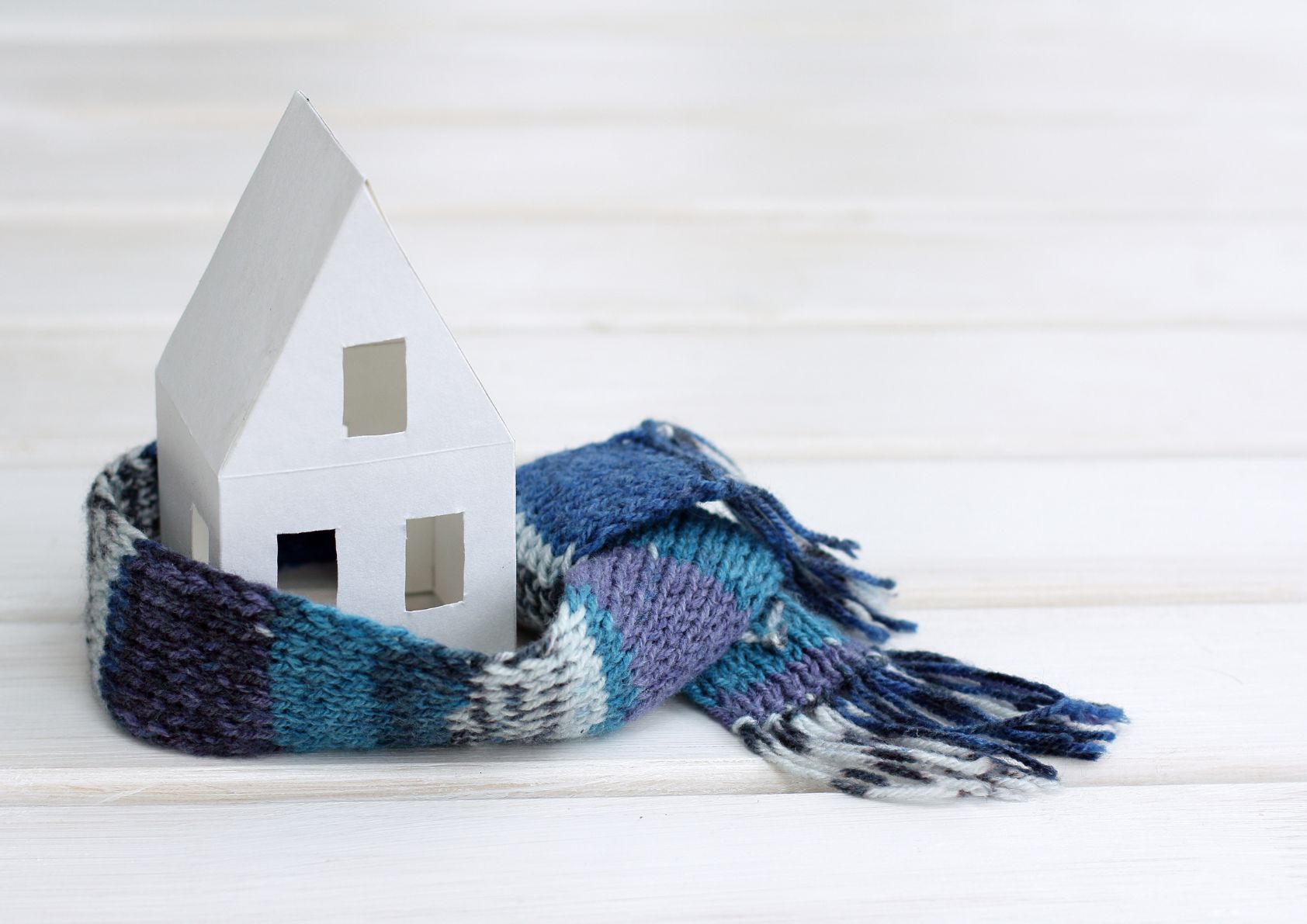Winter is here, and with it comes a unique opportunity to reevaluate your housing situation. Whether you’re contemplating buying your first home or considering renting to maintain flexibility, the decision to buy or rent this winter depends on your financial goals, lifestyle, and current market conditions. Let’s dive into the key factors to help you make a confident choice.
Why Winter Is a Unique Time for Housing Decisions
Winter presents distinctive advantages and challenges for both buyers and renters.

Fewer Crowds, More Opportunities
The colder months tend to see less competition in the housing market, meaning fewer bidding wars for buyers and more negotiation power for renters.
Seasonal Savings
Landlords and sellers eager to close deals before year-end may offer discounts or incentives, making winter a potentially cost-effective time to act.
Buying a Home This Winter
Buying a home is a significant milestone, but is winter the right time for such a commitment?
Pros of Buying This Winter
- Lower Prices: Sellers motivated to move quickly during the slower winter months may list homes at lower prices.
- Tax Benefits: Purchasing a home before the end of the year could qualify you for deductions, such as mortgage interest, property taxes, and closing costs.
- Faster Closing Process: With fewer transactions taking place, lenders and agents often have more availability to expedite the closing process.

Cons of Buying This Winter
- Limited Inventory: Fewer homes are listed during winter, reducing the number of options available.
- Weather Challenges: Bad weather can complicate home inspections and moving logistics.
Renting a Home This Winter
For some, renting offers a practical solution. Here’s why renting might be the better choice this winter.
Pros of Renting This Winter
- Flexibility: Renting allows you to adapt quickly to changing circumstances, such as job relocations or evolving financial goals.
- Lower Upfront Costs: Avoiding a down payment and closing costs can help you preserve savings or invest elsewhere.
- Shorter Commitments: Many landlords offer flexible lease terms during winter to fill vacancies.
Cons of Renting This Winter
- No Equity Growth: Unlike homeownership, renting doesn’t build financial equity over time.
- Potential Rent Increases: While winter deals can be attractive, lease renewals may bring higher costs in the long term.
Key Factors to Consider
Making the right decision comes down to understanding your unique situation and priorities.
Financial Readiness

Evaluate your savings, debt, and credit score. If you’re financially prepared to buy, consider locking in today’s interest rates before potential changes in the new year.
Market Trends
Research local housing market trends to see if home prices and rental rates are increasing or stabilizing in your area.
Lifestyle Needs
Consider your lifestyle goals. Are you planning to settle down for several years? If so, buying might be the better option. If flexibility is more important, renting could make sense.
Tips for Success
For Buyers
- Get pre-approved for a mortgage to strengthen your position in negotiations.
- Hire a trusted real estate agent familiar with winter market conditions.
For Renters
- Negotiate lease terms—landlords may be more willing to offer perks like reduced rent or waived fees.
- Review the lease carefully, especially for clauses on renewal rates and move-out fees.
Should You Buy or Rent This Winter?
Ultimately, the decision to buy or rent this winter depends on your financial situation, market conditions, and long-term goals. Both options offer unique benefits, and weighing the pros and cons can help you choose what aligns best with your needs.
Final Thoughts
Still wondering whether to buy or rent this winter? Contact our team of experienced real estate professionals to explore your options and get personalized advice for your situation. Let’s find your perfect home solution before the year ends!


